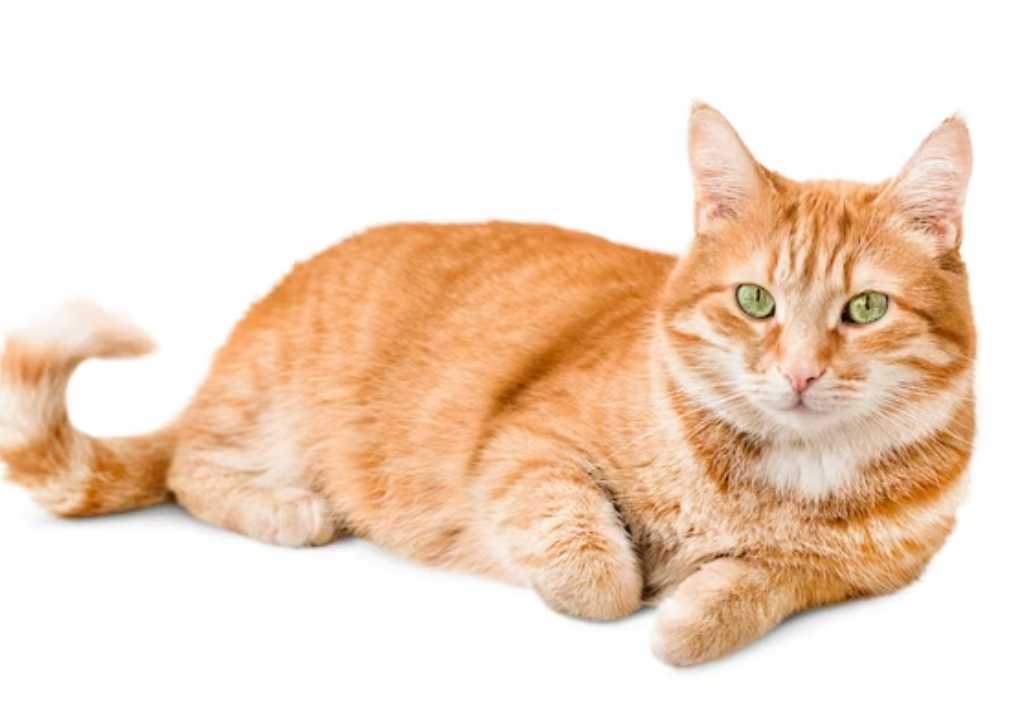One of the reasons why turkey is a key ingredient for cats is that it provides a high amount of protein. If you have food-sensitive cats, then turkey is a good source of protein to add to their diets. This is because turkey is a meat that is easy to digest. As a result, the body can use the protein efficiently, which is great for a cat’s digestive tract.
Can dogs eat raw turkey?
Turkey is an excellent source of nutrients for dogs. It contains less fat and calories than chicken, and it has the added benefit of being rich in B vitamins, riboflavin, and potassium.
In addition, turkey has essential amino acids that promote good health. Compared to beef, it is also a good source of sodium, which helps normalize metabolism.
Turkey has a high concentration of zinc, which is important for a dog’s skin. Zinc aids in the prevention of itchy, flaky skin.
There are many commercial dog food brands that include turkey in their recipes. However, it is not always the best source of nutrients for your pet.
For the best results, you should prepare the turkey properly. Raw meat can carry bacteria that can cause gastrointestinal problems for your pet. To keep your dog from becoming ill, you should feed them small portions of raw meat.
Dogs can also eat turkey giblets. These are the organs of the turkey, including the heart, kidneys, liver, and gizzard. They can be cooked or boiled. You should also check with your vet before feeding your dog turkey giblets.
There are other parts of the bird that can be harmful to your dog. A lot of turkey stuffing is loaded with garlic and onions. If your dog is not used to ingesting these extras, it could be a big deal.
Some dogs have a reaction to turkey, so you may want to avoid it altogether. Another downside to feeding your dog turkey is that it can lead to excessive weight gain. The meat can be fatty, so you should be careful not to overdo it.
Although turkey is a good source of nutrients for your dog, you should take into account the potential side effects. Before you feed your pet turkey, read the recipe carefully and consult with your veterinarian.
It’s always best to consult your vet before preparing any new treat or food for your dog. If your pet is allergic to the food, he or she may experience diarrhea, vomiting, rashes, or hair loss.
Turkey is a good source of protein
Turkey is a rich source of proteins, vitamins, and minerals. It is a natural source of Omega-3 and 6 fatty acids, and it contains several other essential nutrients that are necessary for a healthy cat’s diet. These nutrients include potassium, zinc, B6, and phosphorus.
One of the best things about turkey is that it is a very lean protein. Turkey is low in fat, cholesterol, and fiber, which makes it a great choice for cats. Also, turkey has a good amount of taurine, a nutrient that improves the function of the heart, eyes, and brain.
In addition, turkey is a rich source of B6 and B12, which support the immune system. It is also a good source of zinc, which is important for healthy skin and thyroid function. This type of protein is especially vital for cats, as they are obligate carnivores.
Although turkey is a good source of many nutritional benefits, there are a few downsides to giving it to your pet. First, you need to be careful about the health risks associated with consuming store-bought turkey. Secondly, you can only safely give your cat turkey once a day.
Lastly, it is a good idea to consult with your veterinarian before giving your pet turkey. If your cat suffers from a condition such as diabetes, pancreatitis, or intestinal obstructions, turkey may not be the best option.
Before offering your pet turkey, be sure to take all of the bones off. Cats can get injured by swallowing bird bones. Not only can they splinter easily, but they can cause damage to the esophagus, mouth, and intestines.
However, there is one way to tell if your cat is going to enjoy turkey: the color. White breast meat is lower in fat and higher in protein than dark turkey meat. The skin is also high in fat and is a risky place to feed your pet.
A little research into the nutritional value of turkey can go a long way toward helping you find the right type for your pet. Remember that turkey is not an ideal treat for overweight cats.
Turkey is a single protein diet to support food-sensitive cats
If your cat suffers from food sensitivity, turkey is a great protein to feed it. Turkey contains no fillers and is easily digestible. In addition, it is rich in Omega-6 fatty acids, which help nourish sensitive skin and gums. You should consult your veterinarian before making drastic changes to your cat’s diet.
Besides turkey, whitefish, chicken, and venison are common sources of animal protein. The quality of these sources will give your cat healthy building blocks for strong muscles and an immune system that’s strong enough to protect against harmful bacteria. Some less-common protein sources include salmon, sardines, and eggs. A variety of these foods will also provide antioxidants.
When choosing cat food, check for ingredients that are rich in antioxidants. Some of these ingredients are DL-methionine, potassium chloride, manganese proteinate, and zinc proteinate. These are important for your cat’s immune system, as they can help promote healthy intestinal flora.
Food-sensitive cats should be fed foods that are low in carbohydrates and high in protein. Canned cat food is one type of food that is perfect for this type of dietary requirement. For example, Purina ONE Sensitive Stomach dry cat food includes 34 percent protein per cup. This formula also features natural turkey.
Limited Ingredient Diets are another great choice for a food-sensitive cat. While they may not cure your pet’s tummy issues in the long term, they can offer an alternative to foods that trigger reactions.
This diet is formulated with real turkey as the first ingredient. It is also made without gluten, grains, or eggs. All ingredients are free of preservatives, artificial flavors, and colors.
The MedalSeries™ Whole-Prey Limited Ingredient Diet is designed for food-sensitive cats. This formula features nutrient-rich organ meats, such as turkey necks, and collagen-rich turkey necks. Each serving of this diet provides your cat with the best nutrition available.
As a single protein diet, Wellness CORE 98%* Turkey is a complete and balanced meal that ensures your cat has the nutrients it needs to thrive. Unlike other limited-ingredient diets, this recipe does not contain unnecessary carb-loaded fillers. Instead, it offers a pate texture that your cat will love.
Onions are toxic to dogs and cats
If you are planning on feeding your cat turkey on Thanksgiving, you should be aware that onions are toxic to cats and dogs. Even small amounts of onion are toxic to pets.
Onions are a member of the Allium genus. The genus also includes garlic, leeks, and scallions. These vegetables and herbs can damage red blood cells and cause anemia in cats and dogs.
Garlic is a particularly dangerous ingredient, as it contains the toxic chemical thiosulphate. This toxicity causes life-threatening anemia and organ failure. A dog can die from eating too much garlic.
Turkey is a popular holiday food, but it is best to avoid stuffing and bone fragments. Bones splinter easily, and these can get stuck in your pet’s intestines. Also, the skin of a turkey is often toxic and can irritate the pancreas.
Generally, anything in the Allium family is dangerous, including the seeds, rind, leaves, and powder from all types of onions. However, onions are usually not the cause of toxicity in cats and dogs.
To prevent your pet from eating onions, be sure to wash them before serving them. You should also keep them in a closed refrigerator.
If your cat has eaten onions, you should immediately take it to a veterinarian. They may give activated charcoal to bind the toxin and induce vomiting. Alternatively, they may use an anti-nausea drug.
Onion poisoning is serious and can lead to life-threatening anemia. Symptoms include lethargy, diarrhea, abdominal pain, and an elevated heart rate. In severe cases, your pet may need to be hospitalized.
Some other foods that are highly toxic to cats and dogs are garlic, raw meat, and grapes. Chocolate is also not good for your pet.
You should avoid cooking with onions and garlic and never allow your pet to roam in an onion field or garden. It is also not a good idea to give your dog anything in a plastic wrapper, which can cause life-threatening gastrointestinal obstruction.
If you suspect that your cat or dog has ingested onions or garlic, contact your vet. While mild toxicity can be treated with a decontamination treatment, severe cases may require hospitalization.




